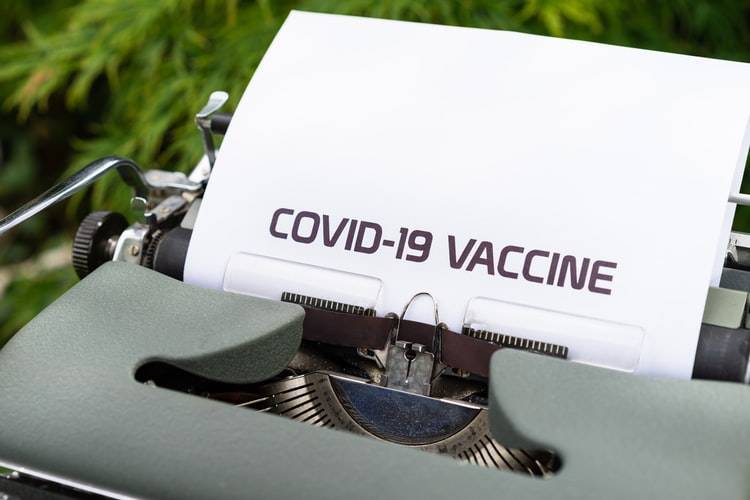On Friday, the World Health Organization stated that there is a "possible" link between cases of heart inflammation and COVID vaccines that utilize the same messenger RNA technology, but the benefits of these vaccines outweigh their risks. This confirms reports by American experts.
Experts from the WHO's vaccine safety advisory committee indicated in a statement that cases of myocarditis and pericarditis have been reported in several countries, particularly in the United States.
**Cases Among Youth**
They pointed out that "the reported cases generally occurred in the days following vaccination, more frequently among young people and often after the second dose of the mRNA vaccine against COVID."
After reviewing available information thus far, WHO experts concluded that "current data suggest a potential causal link between myocarditis and mRNA vaccines."
Conversely, they noted that "the benefits of mRNA vaccines outweigh the risks in reducing hospitalization and deaths due to COVID-19."
WHO experts added that available data suggest that cases of myocarditis and pericarditis following vaccination are generally mild and respond to treatment, mentioning that "monitoring is ongoing to determine long-term effects."
They will continue to assess the situation to update their recommendations.
**Benefits Still Outweigh Risks**
On June 23, U.S. health authorities also announced a "possible" link between COVID vaccines from Pfizer/BioNTech and Moderna and rare cases of heart inflammation among adolescents and young adults, but the benefits of these treatments "far outweigh" the risks.
The European Medicines Agency's Pharmacovigilance Risk Assessment Committee examined the latest data from Europe in a meeting held from July 5 to July 8, confirming a reasonable causal relationship between myocarditis and mRNA vaccines, according to the WHO.
Myocarditis is a rare disease that experts believe is generally caused by a virus. Among its most common symptoms is chest pain, often treated with anti-inflammatory medications or supplemental oxygen if necessary.
Such cases were first reported in Israel, where vaccination rates were higher than in other countries.




